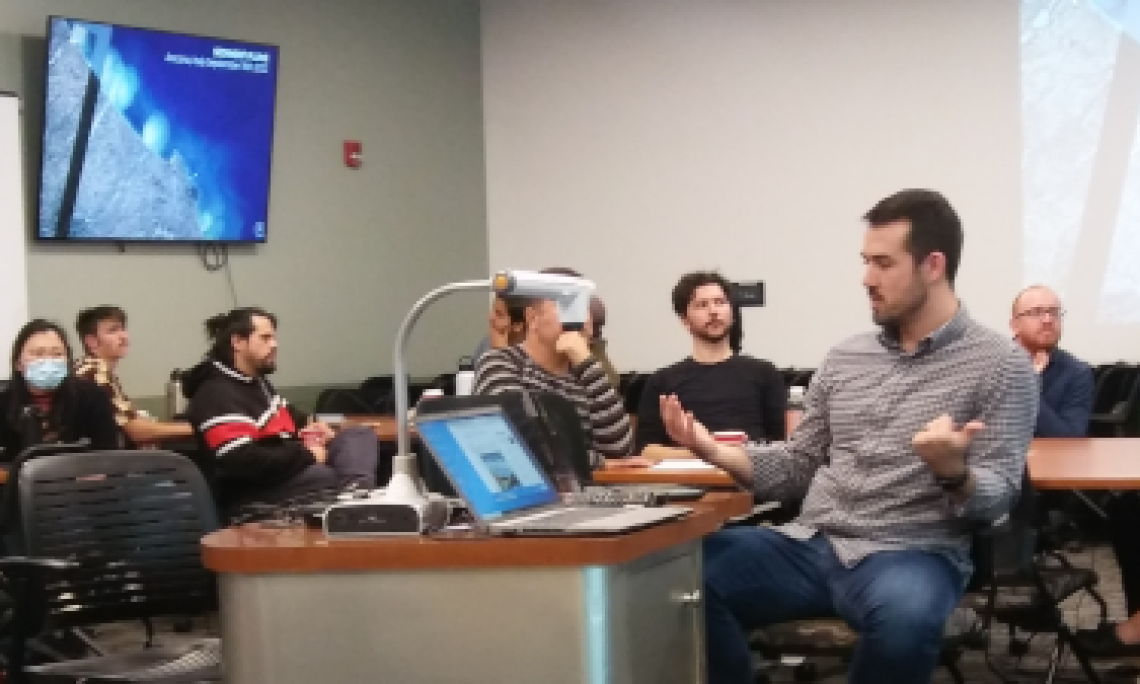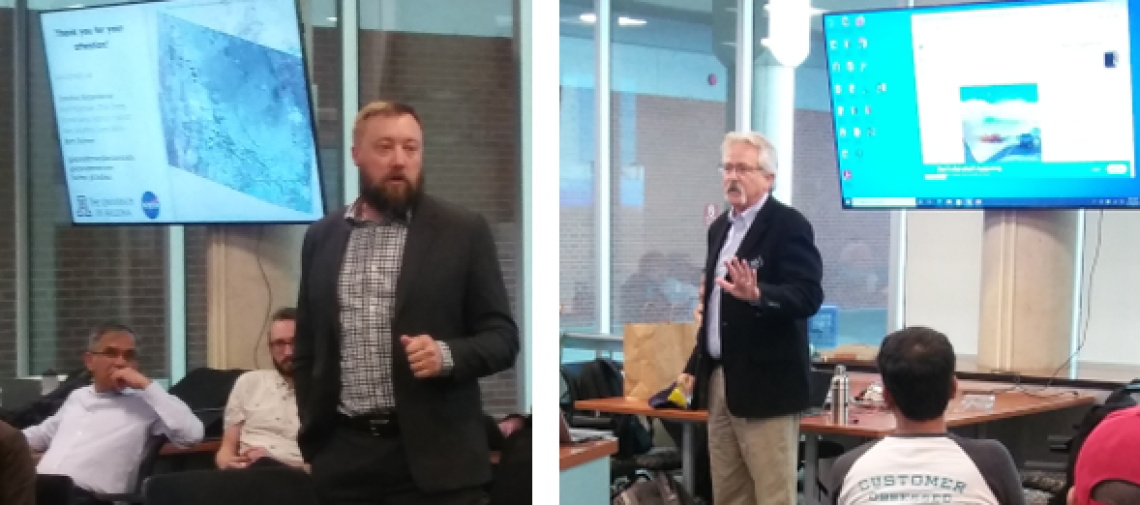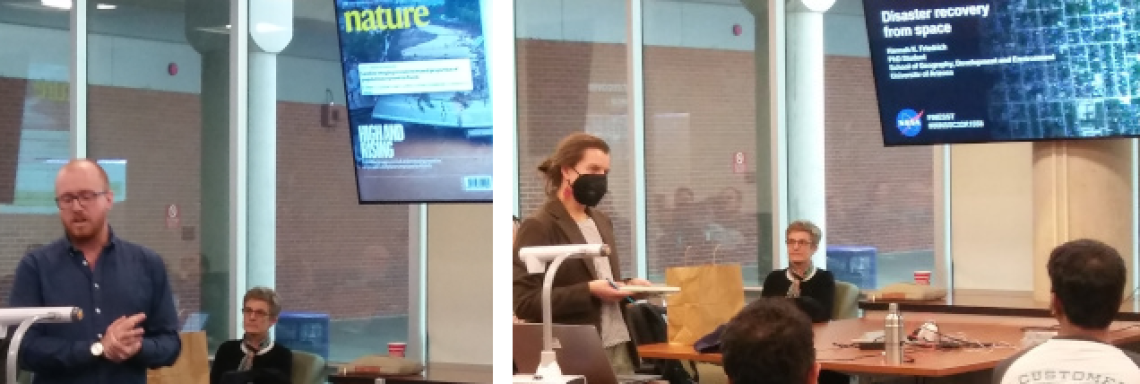CyVerse Collaborates with Planet Labs for University of Arizona Planet Data Launch
Planet Labs teams with the University of Arizona and CyVerse to provide stream of Earth observation satellite data for UA faculty, staff, and students.

West Coast of Grande Terre, New Caledonia, France (Credit: PlanetScope)
Planet Labs, an Earth-imaging company that provides satellite data, is partnering with the University of Arizona (UA) and CyVerse to provide access to a daily stream of analysis-ready data. This opportunity became available to all UA faculty, staff, and students on February 15, with a campus-wide research and education license through a UA campus collaboration led by the Institute for Computation and Data-Enabled Insight (ICDI), a new transdisciplinary institute focused on exploring the impact of mass collections of data on science, innovation, and research. The Data Science Institute (DSI) and Arizona Institute for Resilience (AIR) are also foundational partners. The partnership kicked off on February 14, with an event at the University of Arizona that included presentations from Planet Lab personnel and UA researchers.

Austin Stone of Planet Labs
Founded in 2010 and based in San Francisco, California, Planet Labs operates a collection of more than 200 small satellites, the largest number in history. These satellites capture more than 30 terabytes of data over the Earth's land surface per day. The company has helped revolutionize the Earth observation industry with the highest frequency satellite data commercially available. Planet Labs is helping to change the way organizations and governments utilize satellite imagery data, as their differentiated dataset fosters and enhances decision-making in industries such as forestry, agriculture, mapping, and government.
Through the new license, those affiliated with UA can access Planet Labs data for research purposes and scientific publications. Through their Explorer platform, users will have access to PlanetScope data, SkySat archives, the tasking dashboard, and a dynamic series of educational resources and data analysis tools.
"With this new license, our University research teams will be able to capture high-resolution detail of hot spots and hot moments, such as natural disaster impacts, and evaluate social and Earth system processes as they evolve in new and exciting ways," said Tyson L. Swetnam, UA Assistant Research Professor of Geoinformatics and Co-PI and Science Lead at CyVerse.
ICDI Executive Director Arthur "Barney" Maccabe said, "Data tools and assets, like Planet Labs data, are critical to building the information infrastructure that University of Arizona faculty, staff, and students need as leaders in the Fourth Industrial Revolution. This relationship builds on the University's tradition of providing access to high quality information infrastructure, including HPC systems, storage, and the colocation facility."

The University of Arizona has a long history of research related to space and exploration. As one of the top universities in the world for NASA funding, UA is leading numerous scientific projects and missions connected to planetary and lunar research. Through UA's collaboration with Planet Labs, UA students and researchers can further expand their knowledge of the Earth.
"The use of high-resolution images that reveal the pace and scale of the human imprint on our planet is especially critical for addressing research questions related to local, regional, and global environmental changes and their consequences," said Sharon Collinge, Director of UA's Arizona Institute for Resilience. "Across campus, many researchers use such imagery to quantify and understand how shifts in human activities can propel humanity toward more resilient and sustainable futures."
Prior to this campus-wide data launch, UA researchers utilized Planet Lab's data for numerous scientific publications and research. This included using PlanetScope and deep learning to improve global flood mapping, as well as analysis of Landsat and PlanetScope data to access landscape dynamics around Mexican watersheds.

Jonathan Giezendanner, Postdoctoral Associate, and Hannah Friedrich, PhD student. Jonathan and Hannah are researchers with the UA School of Geography, Development & Environment
University of Arizona faculty, staff, and students can visit this link to sign up to access Planet Lab data. Planet Lab's partnership with UA was made possible through Planet Lab's Education and Research Program. Currently, any university-affiliated faculty member, student, or researcher can apply to this program, which provides limited, non-commercial access to PlanetScope and RapidEye imagery.
CyVerse will be integral to the process, as it will allow for data storage and manipulation of Planet Lab datasets. Tyson L. Swetnam said, "CyVerse is available to all UA personnel for downloading and working with very large quantities of Planet Lab data. Our Pro and Commercial accounts allow users to download up to 5 TB of data and analyze it in our data science workbench, the Discovery Environment." CyVerse Pro accounts are currently available at no charge for all University of Arizona faculty, staff, and students.

